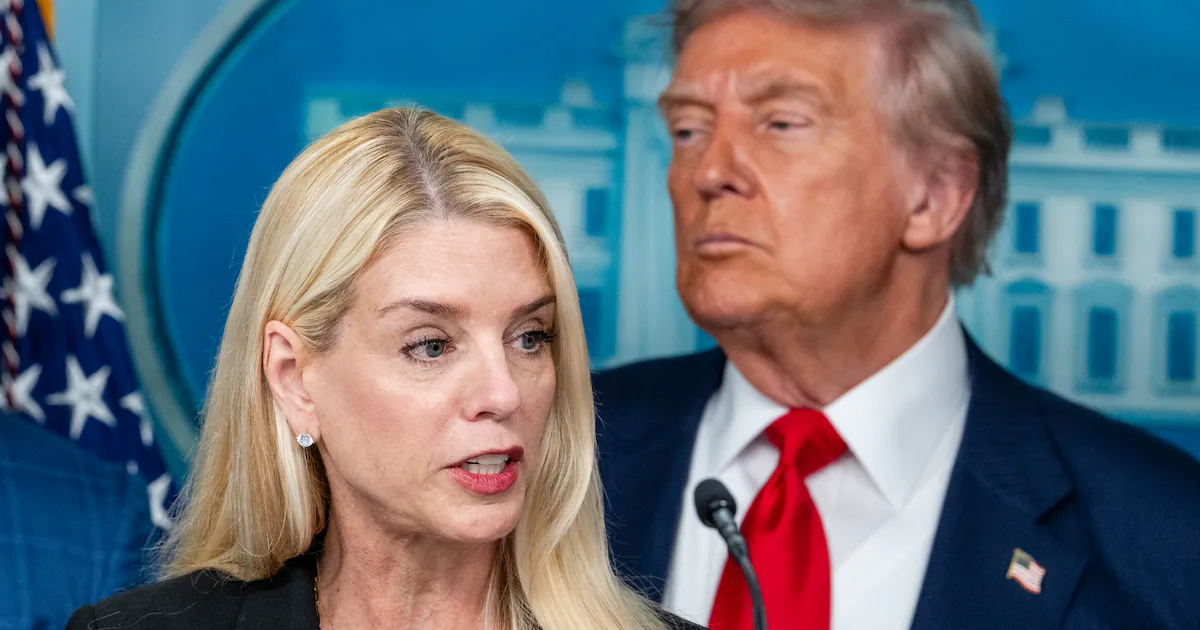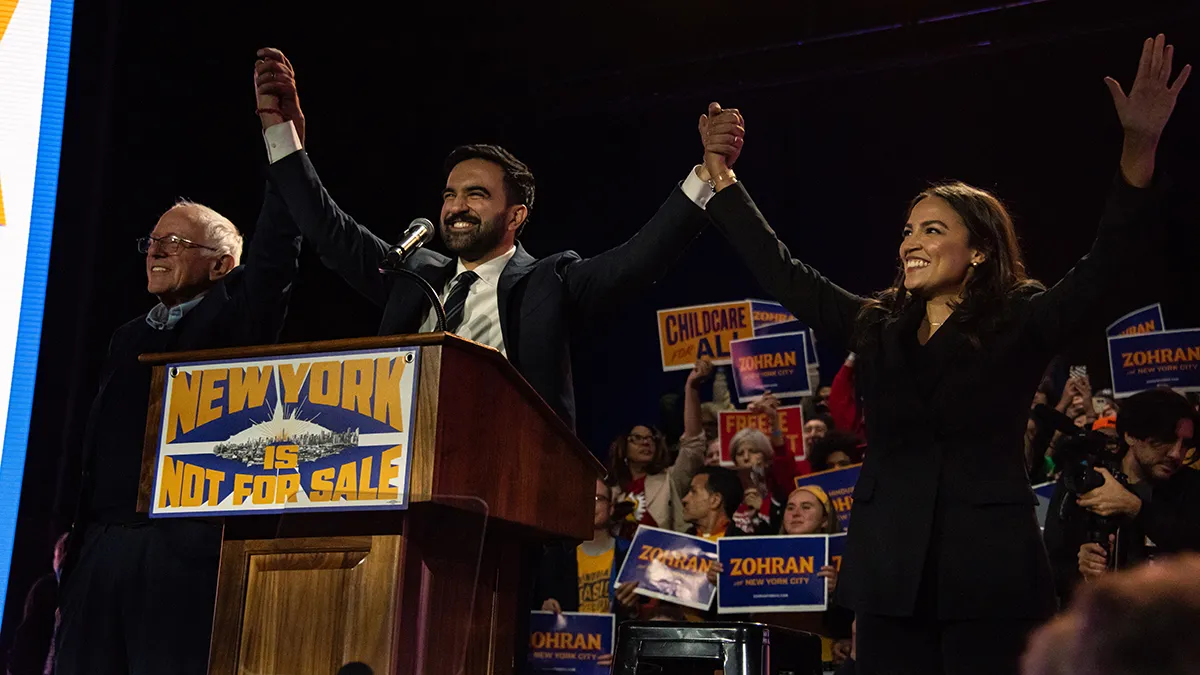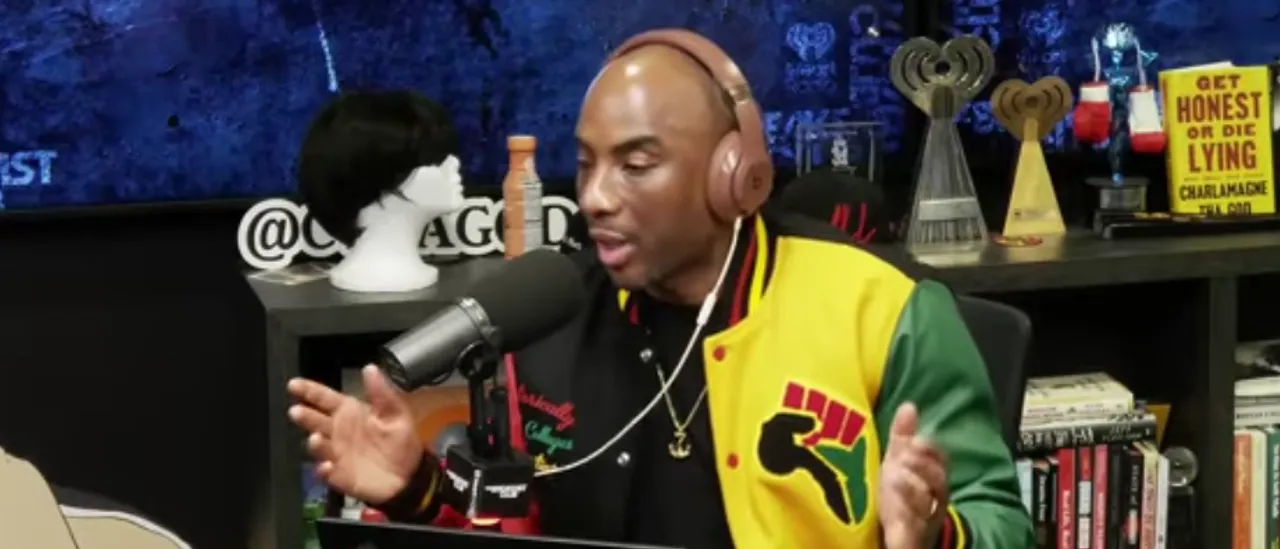Copyright Anchorage Daily News

The Justice Department has lost thousands of experienced attorneys since the start of the Trump administration and has backfilled a fraction of the open jobs, with the process snarled by a lack of qualified candidates, bureaucratic delays and hiring freezes, according to people familiar with hirings in the department. Last year, roughly 10,000 attorneys worked across the Justice Department and its components, including the FBI. Justice Connection, an advocacy group that has been tracking departures, estimates that around 5,500 people - not all of them attorneys - have quit the department, been fired or taken a buyout offered by the Trump administration. The department did not provide a breakdown of attorney departures, but officials did not deny that widespread vacancies exist. The department’s struggle to fill vacancies reflects a dramatic shift for a law enforcement agency that has long attracted high-performing alumni from the nation’s top-ranked law schools and law firms. Multiple people familiar with the student bodies at top-ranked law schools and the department’s hiring process said the share of recent graduates across the political spectrum who are applying for jobs at the Justice Department has plummeted. The department has had difficulty finding qualified candidates for open slots, according to more than a half-dozen people familiar with the process, several of whom spoke on the condition of anonymity because they were not authorized to comment on the record. Across the country, U.S. attorneys’ offices have experienced higher turnovers than they typically see during a change in administrations. In August, Jeanine Pirro, the U.S. attorney for D.C., said on Fox News that her office was down 90 prosecutors and told lawyers to email her if they wanted a job. In Chicago, U.S. Attorney Andrew Boutros sent an email in August to former prosecutors that asked them to consider applying for prosecutor jobs in the office - and asked them to forward his email to potentially interested friends. “I was astonished. I have never seen anything like that. When I came to the U.S. attorney’s office, I had won 13 state murder prosecutions, and I still thought I had such a slim chance of getting a job because it was such an ultracompetitive place,” said Mark Rotert, a retired Chicago-based attorney who worked as a federal prosecutor there in the ’80s and ’90s and received the recruiting email from a friend. “Now it’s like, ‘If you ever threw a pass, do you want to be a quarterback?’” William Treanor, the former dean of Georgetown University Law Center, said that “it has historically been the case that Department of Justice is one of the most attractive places for our Georgetown graduating class.” “What we are seeing is a total drop in who is applying,” said Treanor, who stepped down from the law school’s top job this summer and is now a professor there. “It’s very, very dramatic. It’s gone from a good amount of our graduating class to virtually no one applying for jobs at the Justice Department.” Many attorneys seeking government work are opting to work for state governments, leading to a surge of qualified candidates to state attorneys general offices, people familiar with the hiring process said. To some, the drop in candidates who have graduated from top law schools like Georgetown, Yale and Harvard is welcome news. Republicans and Democrats have criticized the legal world as too elite. The Trump administration has repeatedly assailed the Justice Department workforce as too liberal and prone to undermining the president. And President Donald Trump and his aides have attacked the nation’s top universities, launching investigations and attempting to punish them for what they have called unjust admissions, and diversity, equity and inclusion policies. In February, Ed Martin - who was then the acting top prosecutor in D.C. - wrote a letter to Treanor saying that his office would not consider hiring anyone from a law school that had what the Trump administration considered to be DEI policies. If the Trump administration were able to fill the bulk of the department’s empty slots, that could dramatically reshape its career workforce. People familiar with the hiring process said that those applying now tend to be more conservative and align ideologically with the president. Current Justice Department prospective hires are more likely to have political backgrounds than have been typical in the past, coming from Republican congressional offices and advocacy groups, the people familiar with the hiring process said. Others are young attorneys with little relevant experience or mid- to late-career attorneys who have no background in prosecutions. “The Department of Justice is committed to ensuring taxpayer dollars are used efficiently by hiring the best and most qualified individuals to serve the American people - with emphasis on hiring those fulfilling critical law enforcement and public safety missions.” a Justice Department spokesperson said. Employment law experts said they worry that some Trump officials are finding work-arounds in the hiring process to ensure that new hires for nonpolitical career positions align with the president’s politics. When prospective Justice Department employees apply for a job, for example, they are asked to detail a Trump executive order or policy that is significant to them and how they would advance that initiative. The question is also asked of people applying to other executive branch agencies. “Even though that question doesn’t ask if you are Republican, the spirit of that question asks for the job applicant to give their loyalty to the president,” said Raymond Limon, an expert in federal labor laws. The process of filling career positions is distinct from installing political appointees. Career jobs are governed by federal regulations intended to ensure that politics do not play a role in who is hired. The Trump administration has pushed out many of the Justice Department’s top-ranking career officials and replaced them with political appointees. Many of these appointees came from Republican state solicitors general offices and conservative legal groups. The department has relied on them to argue some of its most high-profile and controversial cases in court. Still, scores of career attorney positions open across the country need to be filled so that the department can handle its everyday caseload. The typical Justice Department prosecutor graduated from a top law school, clerked with a federal judge and worked for a big law firm to gain experience. That appears to be changing. In addition to a shortage of qualified candidates, the hiring process has been slowed by the government shutdown and by requirements for extra approvals before jobs can be filled. In the meantime, attorneys in divisions that have seen significant departures are stretched thin, unable to keep up with incoming cases or complaints, according to people interviewed for this article. The vast majority of the 600 employees in the Civil Rights Division, for example, have left. The division has refilled a dozen or so of those career positions, despite its chief, Harmeet K. Dhillon, publicly touting the flood of applications she has been receiving. After Trump was elected last November, then-Attorney General Merrick Garland encouraged career staffers to remain in their jobs through the next administration, stressing that institutional knowledge is important as new leaders take hold and that they were needed to resist efforts to politicize the department. Under Attorney General Pam Bondi, however, top Justice Department officials have pushed out veteran prosecutors across the department who worked on cases during the Biden administration that they viewed as anti-Trump. Employees who prosecuted the hundreds of cases against the rioters who stormed the U.S. Capitol on Jan. 6, 2021, have been especially targeted. Others were given no explanation as to why they were fired. The Washington Post has reported that other prosecutors have been ousted after they refused to bring cases to grand juries that they believed had insufficient evidence. At least 200 people have been ousted, according to data collected by Justice Connection. Immigration judges employed by the Justice Department accounted for about 80 of those firings. Trump administration officials are struggling to fill those immigration judge vacancies, and the backlog of cases is growing, according to a person familiar with the matter who spoke on the condition of anonymity because they were not authorized to speak publicly. Lawyers who work in the government typically earn far less money than they would in the private sector. First-year associates at major law firms can make more than $230,000 even before hefty annual bonuses. By contrast, starting salaries for line prosecutors are around $70,000 in some cities. The draw of the Justice Department has long been public service and job security. The widespread firings have undermined the job security belief. At the same time, some potential hires fear they could be put in compromising positions in which they would be forced to bring cases they felt would be unethical to present to a grand jury. “People are looking at firms as an alternative,” said Nathan Peart, executive director of the associate practice group at Major, Lindsey & Africa, a legal executive job search firm. “It’s always been a competitive place, but you have more people now looking for those jobs.”



